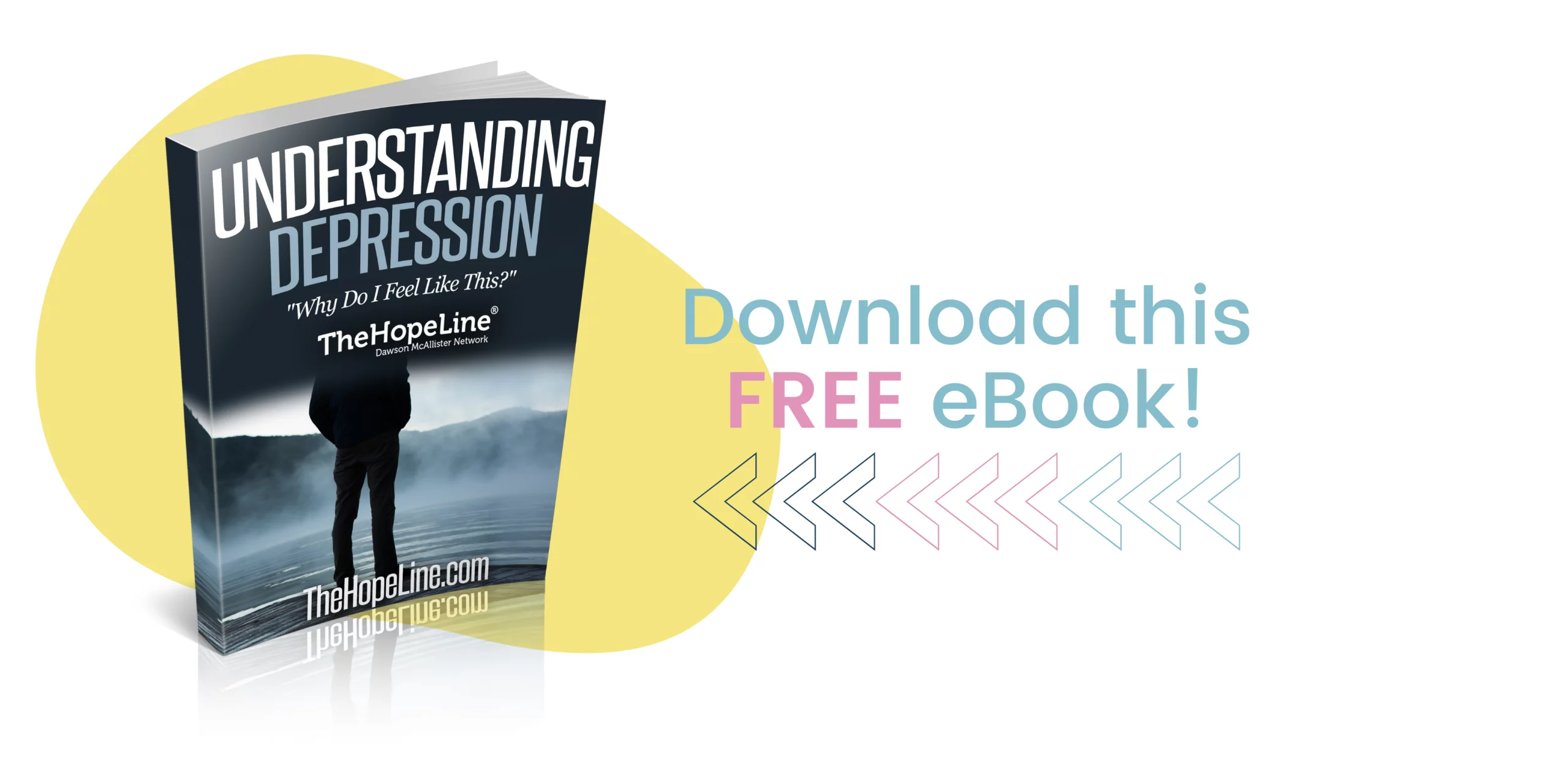Do You Have Situational Depression?
Sometimes, struggles with mental health are not specific to things we are going through. We might feel a sense of depression even when our lives are full of good things. Or we might feel anxious, even when things are relatively peaceful.
But other times, we go through something so painful and difficult that it disrupts our lives and takes a toll on our mental well-being in a way we haven’t experienced before.
Situational depression is something many people struggle with. I want to share some of the signs and symptoms of situational depression with you, so you can feel more comfortable talking about what you’re experiencing with people in your life who can help.
1. A Traumatic or Painful Event
As the name suggests, situational depression is brought on by a traumatic, painful, and emotionally trying situation you’ve had to face. You might not experience symptoms of depression during or right after the event. It might take much longer for your mind and body to process them. Examples of life events that bring on situational depression include:
- Losing a loved one
- Work or school stress
- Distressing world events
- Divorce or relationship problems
- Abusive or toxic relationships
If you can trace the source of your depression symptoms and what causes them to sharpen or worsen back to something you’ve been through, you may have situational depression
2. Disruptive Symptoms
Situational depression is more than just feeling down when something bad happens. Ask yourself if symptoms like these are disrupting your life and making it more difficult to do important things like work, schoolwork, or paying bills on time:
- Difficulty focusing
- Crying spells
- Fatigue
- Irritability
- Constant worry or sadness
- Disinterest in things, people, and activities you love
- Thinking about suicide or harming yourself
3. Losing Faith and Hope
Feeling hopeless or losing faith are often part of struggles with mental health, but they can be especially intense when dealing with the painful or traumatic event behind your situational depression. I’ve been in seasons of life before where my feelings of faithlessness were very strong.
But it comforts me to know that God loves me, even during those times when I don’t feel close to Him. He has brought me through everything I’ve been through so far, and still given me the strength to love others. Thankfully our feelings, even though they can be very strong, don’t prevent God’s love, and the love of others, from reaching us while we deal with situational depression.
4. Feeling Like No One Understands
Many people I’ve heard from over the years say that one of the hardest things about going through situational depression is the feeling that they’re all alone in what they are experiencing, and that no one understands what they’re going through. You might feel this way if you go through something none of your family or friends have experienced yet, or if you’re unsure how to talk to someone about your depression symptoms.
But let me reassure you, even if your situation is unique, there are many people who have experienced situational depression, and who understand the feelings that you’re having. And there are many people who can help you get through this time, even if they are not going through the exact same thing.
You may talk to a counselor, or a faith leader, or a close friend or family member about some of your feelings to start with. If you feel like nothing, you’re doing is helping your situational depression, don’t despair. TheHopeLine can help with lots of resources and online mentoring. Talk to a Hope Coach today about your situational depression symptoms. Let them encourage you and help you make a plan to get through it to a place of greater peace and healing.
Depression is a common illness that we often hear about, yet ironically usually have difficulty recognizing, particularly in ourselves. To find out more about depression read this guest blog from our partners at Centerstone.




Great post. Depression is becoming a major problem.